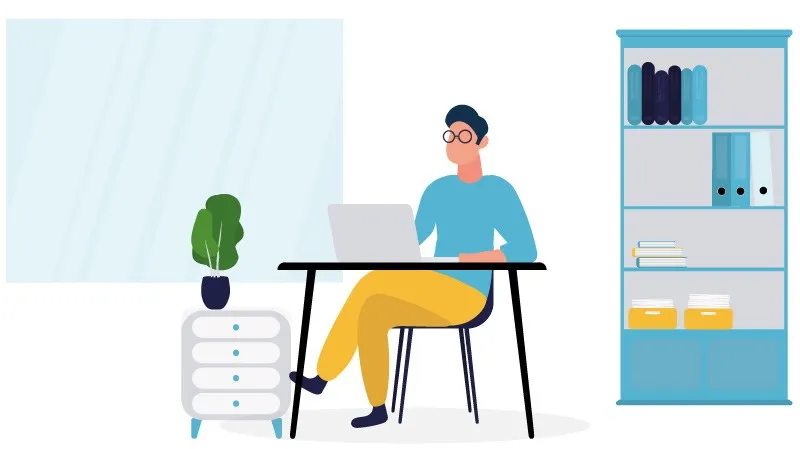Entering the online craft marketplace world
Written by Chris Monaghan
September 17th, 2021Other subjects...
successes help selling online gifts challenges small business share meet the maker news
There are so many e-commerce platforms like Woocommerce or Shopify that you can use to build a shopping platform on, so why didn't we use one of these like other online craft marketplaces do?
This is a really good question. The simple answer to all of this was having been a web developer for over 15 years I wanted to use my experience building complex web applications. I'd built e-commerce platforms before for other industries so I knew it was possible, if not a little mad, for a lone developer to create something at this scale, but was I never fazed by the idea. We needed to be different to stand out and give us some type of edge, and I believed in my ability to pull this off.
The competition
Before writing any code, I spent a few months analysing other marketplaces seeing what could be improved and what worked well. The intention was always to make Small Market great at being able to adapt to changes, especially when it comes to Google Core requirements to help increase our page rankings and promote products. So even now this is ongoing to ensure we keep up to date and do the best we can for our sellers.
Some early goals we identified which other platforms were suffering from:
- Speed and performance - nearly every marketplace we counted had slow loading times and Google Core issues which gets them penalised in search engine results.
- Mobile design - it is surprising how many websites are not designed for mobile users when that is the majority of retail traffic.
- Repeated layout design - as most other sites are using the same systems and templates it's very hard for them to stand out.
- Payout to sellers - we soon noticed that each site has implemented their own way processing payouts to sellers, and we knew that doing things manually is definitely not the way forwards if a site is going to work at scale.
- Multiple seller products checkout - some marketplaces don't allow you to purchase products from different sellers in one basket checkout, which is bad for the customers and the makers, so we resolved to create a frictionless checkout for all the things anyone wanted to buy in one transaction.
With the goals set and my skill level about to be tested, Small Market started to come together. It didn't happen overnight and as we started the hard work it became more than just a single website.
Utilising the tech
Building a marketplace requires many other sections to allow it to work successfully. We created our own portals for customers and sellers, generated scheduled tasks to run throughout the day to complete tasks like creating updated sitemaps and checking for abandoned baskets, we created our own email service giving us the ability to send out newsletters and communications, and a series of web-hooks allowing us to automate lots of the purchasing process ensuring customers and sellers get the information and payments quickly - plus so much more. So under the hood, there is a lot going on that users are unaware of, making Small Market a powerful bit of software in the online craft market world.
For some people, this might lead you to another question - what's the tech behind all of this? I'm a .NET C# Developer so that might give some of it away, but we've integrated cloud-based solutions like AWS making the application very secure and scalable to demand. A lot of time and energy has gone into creating something that allows us to offer all the brilliant craft sellers a platform that gives them a secure and easy-to-use marketplace like no other. So when we're compared to the off-the-shelf platforms out there, hopefully, sellers will be recommending Small Market to other crafters.
Then what?
As soon as we got Small Market live the real learning process began. Building custom software was always going to be challenging on launch, and when different types of sellers started signing up we received more requests to meet their product needs. There was never going to be one approach that fits all, so it was great to have the ability to offer different features for different sellers and that continues to make us different from other sites, as we can see what works and sometimes what doesn't, and then implement the changes. Having the skills to constantly manage and update our platform will be Small Market's advantage going forward as it allows us to improve our services. By the time you read this blog post we might have already added few more changes to the front of the website or the sellers portal. And the important thing here is that I'm learning new skills at the same time - that's why I love web development, everyone is a winner in the end.
So hopefully this will give you a little insight into how we're doing things differently with Small Market, and why we wanted to launch an online craft marketplace to prove things can be done better with the right mindset and passion for development. We hope you would recommend us, or even suggest a feature or two you would like to see next on Small Market.
If would like to become a seller register to seller with us or still like to find out more go to why sell on Small Market.